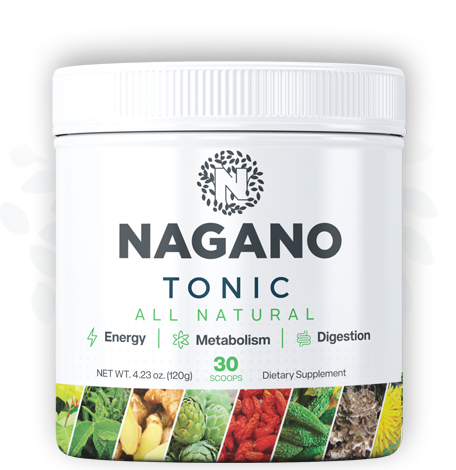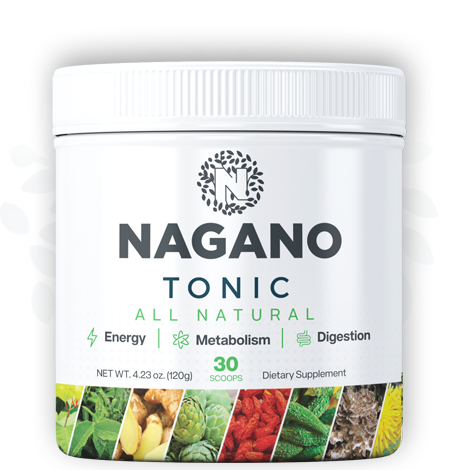
The Roots of Japanese Wellness: An Overview of Ancient Practices
The historical context of wellness practices in ancient Japan reveals a profound connection between cultural beliefs and the natural environment. Central to these practices was the philosophy of ‘Yin and Yang,’ which emphasized balance and harmony within oneself and in relation to nature. This philosophy guided various aspects of daily life, influencing not only individual health but also community well-being.
One of the most notable aspects of ancient Japanese wellness was the integration of seasonal changes into diet and lifestyle. The awareness of seasonal variations led to a diverse and harmonious food culture, where the consumption of seasonal fruits, vegetables, and grains was prized. Not only were these dietary habits believed to promote physical health, but they also fostered a deep respect for nature and its cycles. Traditional meals were often designed around the principle of enhancing the body’s natural rhythms, providing nourishment that supported overall vitality and energy throughout the different seasons.
Moreover, community and family played pivotal roles in sustaining these ancient wellness traditions. Practices such as communal bathing, shared meals, and collective celebrations of seasonal festivals fostered strong bonds among individuals. Families would often engage in rituals that promoted health, such as botanical medicine and restorative practices, which were passed down through generations. This collective approach to wellness not only enriched individual health but also nurtured a sense of belonging and support, which is fundamental in maintaining these ancient traditions.
Thus, the ancient Japanese understanding of health was not merely a sum of physical states but a holistic integration of mind, body, community, and nature. This intricate tapestry of philosophies and practices laid the groundwork for modern interpretations of wellness in Japan, showcasing the importance of harmony and balance in all aspects of life.
Traditional Herbs and Teas: Nature’s Remedies for Balance
In ancient Japan, wellness was deeply intertwined with nature, and traditional herbs and teas played a central role in promoting health and maintaining metabolic balance. Among these revered natural remedies is green tea, known for its high levels of antioxidants, particularly catechins, which support cardiovascular health and aid in weight management. Regular consumption of green tea is believed to enhance energy levels while providing a calming effect, illustrating the Japanese philosophy of achieving balance through careful dietary choices.
Another notable herb, shiso, or perilla, has long been valued for its multifaceted health benefits. Shiso is rich in omega-3 fatty acids and contains essential vitamins that contribute to immune function and digestive health. Traditionally, it has been used to alleviate respiratory issues and promote skin health, aligning with the holistic approach to wellness that characterizes ancient Japanese practices. Incorporating shiso into meals not only enhances flavor but also fortifies the body against ailments, showcasing nature’s ability to provide effective remedies.
Kombucha, a fermented tea, represents another cornerstone of traditional Japanese wellness. This effervescent beverage is celebrated for its probiotic properties, which promote gut health and aid digestion. Modern studies have corroborated many of the health claims made about kombucha, emphasizing its role in detoxification and overall wellness. The fermentation process reflects the ancient belief in harnessing the power of nature, allowing the microorganisms to contribute to a balanced inner ecosystem.
The philosophy surrounding these natural remedies stands in stark contrast to contemporary fad diets that often focus on quick fixes and neglect the wisdom of time-tested practices. Ancient techniques emphasize the importance of energy balance, teaching us that wellness is achieved through a harmonious relationship with one’s diet. The enduring nature of these traditional herbs and teas highlights their significance in the pursuit of health, reminding us of the profound benefits nature offers in fostering well-being.

Metabolic Balance: The Core of Japanese Health Philosophy
Metabolic balance is an integral component of ancient Japanese wellness practices, emphasizing the importance of a harmonious relationship between diet, physical activity, and overall well-being. The traditional Japanese diet consists predominantly of whole foods, including rice, fish, vegetables, and fermented products, which are prepared with meticulous care. This approach not only provides the body with essential nutrients but also promotes stable energy levels, thus facilitating metabolic regulation.
Unlike many contemporary wellness trends that advocate for extreme diets or rigid eating schedules, the Japanese philosophy encourages a more intuitive approach. People are taught to be mindful of their body’s signals, making dietary choices that align with their unique needs and preferences. This embodiment of self-awareness plays a crucial role in maintaining metabolic health and contributes to the longevity observed in many Japanese individuals, particularly those from rural regions where traditional dietary practices are more prevalent.

The concept of metabolic balance extends beyond food intake; it also encompasses other aspects of life, such as activity level and mental health. Traditional practices such as walking, gardening, and participating in communal activities create a holistic environment conducive to overall health. As such, individuals are less likely to engage in unhealthy habits—be it through over-eating or neglecting physical activity—resulting in a more balanced state of health.
Moreover, ancient practices rear as a reminder that wellness should not be a temporary goal but rather a lifelong pursuit. In contrast to modern trends that may focus solely on superficial aspects of fitness or weight loss, the Japanese approach fosters an enduring connection to one’s body, cultivating practices that enhance metabolic efficiency and overall vitality. By integrating these timeless principles into contemporary lifestyles, individuals can achieve and sustain a healthier balance in their lives.
Modern Applications: Introducing Nagano Tonic
In the realm of wellness, the continuous evolution of health products often draws inspiration from longstanding traditions. Nagano Tonic exemplifies this by integrating ancient Japanese wellness practices with modern needs. This innovative product takes cues from the rich tapestry of Japanese herbal remedies and emphasizes metabolic balance, which has been a cornerstone of holistic health for centuries. By utilizing a blend of traditional herbs known for their health benefits, Nagano Tonic encapsulates the essence of ancient wisdom in a single scoop, making it both accessible and practical for today’s fast-paced lifestyle.

One of the primary features of Nagano Tonic is its formulation, which harmoniously combines various herbs renowned for their adaptogenic properties. These botanicals work synergistically to support the body’s natural defenses and promote overall vitality. The tonic is designed to be conveniently added to beverages, thereby fitting seamlessly into daily routines. This ease of integration means that individuals seeking to improve their health and wellness can do so without the need for extensive changes to their existing habits.
The health benefits associated with Nagano Tonic are both diverse and significant. Users often report enhanced energy levels, improved digestion, and a sense of mental clarity, which are all tied to the carefully selected ingredients. By nourishing the body with these potent herbs, consumers can cultivate a holistic sense of well-being that honors the principles of natural health laid out by ancient Japanese traditions. Furthermore, Nagano Tonic stands as a testament to how modern formulations can honor and respect the time-tested secrets of wellness while empowering individuals on their health journeys.

As more people aspire to adopt a healthier lifestyle, exploring innovative solutions like Nagano Tonic proves to be a meaningful step towards achieving a balanced and vibrant life. This product not only respects the foundations of natural health but also provides a contemporary approach to wellness that can resonate with a wide audience.
